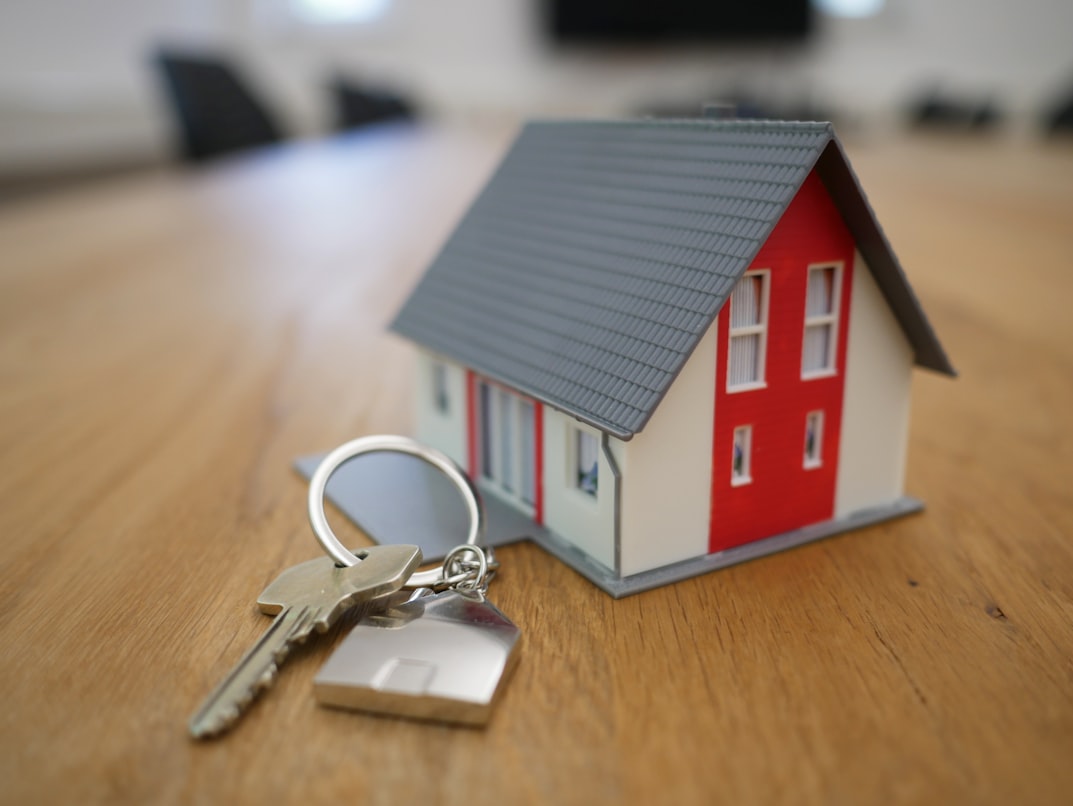
If you’re in the market for a new home and are considering paying for it in cash instead of taking out a mortgage, you may want to think twice before getting out your checkbook. Paying in cash may expose you to risks you hadn’t considered and taking out a mortgage might be more beneficial than you realize. Here in this brief article we discuss about buying a home with cash or taking out a mortgage.
You May Need Cash for an Emergency
Tying up your cash in the purchase of a house could present a challenge in the event of an emergency. It’s much more difficult to sell your house quickly than it is to pull money out of other investments, such as mutual funds or bonds. There is also no guarantee that you could sell the house for what you need — or at all, depending on the strength or weakness of the housing market in your area. Furthermore, the time required to complete the sale of a house can be lengthy, which makes it a poor option for fulfilling immediate needs in an emergency. There’s also the emotional aspect to consider. Most people would likely consider selling their home to be a last resort or worst case scenario, even in the event of an emergency. Selling other investments that you’re not as emotionally attached to may be easier.
In some cases, you could tap into your home equity for a loan. However, if you’re in a tough financial spot — after a job loss or a business setback, for instance — banks may be less willing to lend you money. These obstacles would be much easier to overcome if, instead of paying for your home entirely in cash, you made a sizable down payment and invested the rest of your money in assets that are more easily converted to cash.
There Are Better Ways to Use Your Cash
If you do decide to take out a mortgage, you can use the rest of your cash for other investments to grow your total portfolio. For example, suppose that instead of paying 100% cash for a home, you put 20% down, get a mortgage to finance the home purchase, and invest the remainder of the cash in a diversified portfolio that averages at least a 4–5% return. Your investment returns may offset the cost of the mortgage debt and offer the potential for additional growth.
In the meantime, as you pay down your mortgage debt you’re building equity in your home. That equity becomes an asset that you can exchange for cash — as long as it remains positive. You can calculate your equity by subtracting your loan balance from the value of your home. If you end up with a negative number, the home is worth less than what you owe on it. However, assuming your home is worth more than what you owe, that difference (the equity) is the value that you will receive if you sell your house. If you’re interested in buying a new home, you can use the equity in your current home to help fund that purchase, which allows you to borrow less. Or, if you ever need cash, you can borrow against the equity in your home with a home equity loan.
Buy Low and Sell High
Investing by using borrowed funds — as through a mortgage — can boost potential gains. For instance, if you purchased a $1.25 million home with a $250,000 down payment, and five years later the property is worth $1.5 million, you’d be looking at a $250,000 gain, less interest and other fees. Of course, the leverage offered by a home mortgage is most effective when prices are expected to go up.
This being the case, it should be noted that the U.S. housing market does seem very attractive compared to other investments over long periods of time. In an economy that we believe will continue to see moderate growth and relatively low inflation and interest rates, a home is an appealing asset.
Experience the Upside of Debt
The potential upside associated with taking out a mortgage shows that debt isn’t always necessarily bad. When used properly, it can help you generate income and increase your total net worth. In addition, a mortgage is also one of the most inexpensive kinds of debt. Interest rates are low and federal and state tax breaks make it possible for you to pay even less after taking the mortgage deduction. Instead of putting all of your cash into the home purchase, you can invest it wisely in long-term, diversified assets; and in the event of an emergency, you’ll have easier access to cash if it’s not all tied up in your home. There are also advantages of leveraging a good investment by borrowing to buy a home that may appreciate in value. With a little bit of forethought and some careful planning, you can use mortgage financing to turn the purchase of a great asset into an opportunity to strengthen your overall financial situation.



